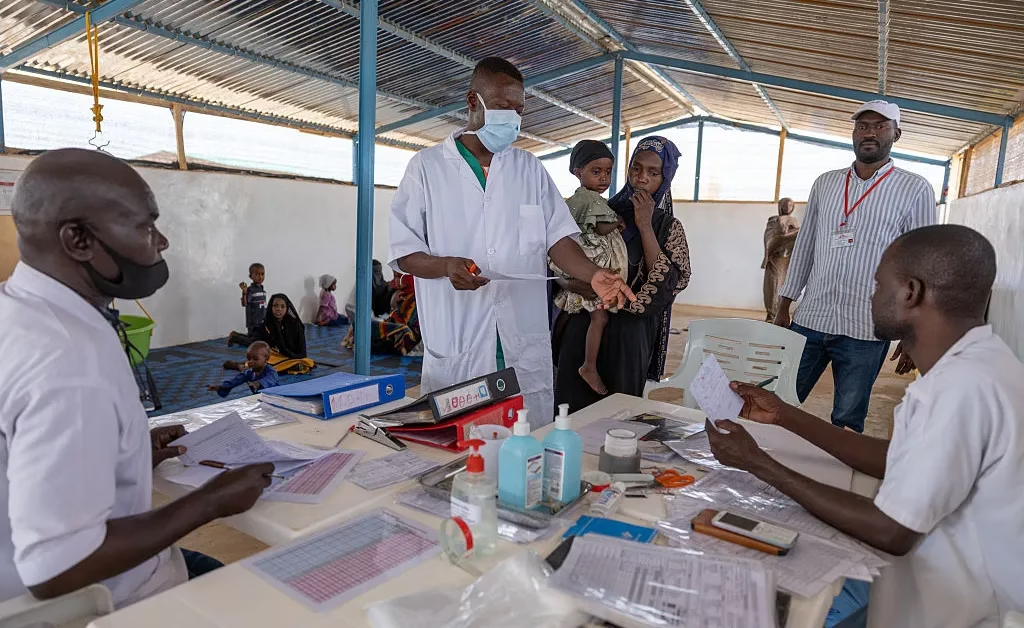Bangladesh’s once-promising march toward eradicating tuberculosis by 2035 is now under threat after the US government abruptly cut $48 million in aid, derailing critical healthcare programs and risking thousands of preventable deaths.
The funding freeze, part of a broader rollback of USAID-backed humanitarian programs under former President Donald Trump, has left frontline health workers scrambling. From mass TB screenings to vaccinations and nutrition programs, the ripple effects are severe—especially for children, refugees, and the poorest.
TB Progress Unraveling
Bangladesh had been seeing remarkable progress against TB, reducing deaths from over 81,000 in 2010 to 44,000 in 2023. Central to that success were initiatives backed by USAID, including mass screenings that helped diagnose over 148,000 cases, including 18,000 in children.
But now, multidrug-resistant TB patients like Mohammed Parvej face an uncertain future. His year-long treatment at a specialist hospital in Dhaka may be cut short due to the funding halt.
Ayesha Akhter, deputy director at the TB hospital, called the aid cut a devastating blow:
“Then, one fine morning, USAID pulled out their assistance.”
Wider Health Fallout
The USAID cuts extend beyond TB. Health adviser Nurjahan Begum warned that vaccine drives protecting 2.3 million children from deadly diseases such as measles and polio are under threat.
Also suspended: a newly launched nutrition program for malnourished children developed by Bangladeshi scientists, and reproductive health services for vulnerable women, especially in Rohingya refugee camps.
The United Nations warns of an impending health crisis among 160,000 children under five, already living in dire conditions. Cholera, hepatitis C, and maternal mortality rates are expected to surge without intervention.
Job Losses and Economic Strain
The Daily Star estimates 30,000 to 40,000 jobs have been lost in the aid sector, including dozens from Save the Children. Laid-off worker Zinat Ara Afroze expressed concern for the underprivileged communities she once served:
“A huge number of this population will be in immediate crisis.”
A Strategic Shift
With the US pulling back, Bangladesh is turning to China, Turkey, and Arab nations for support. Officials hope new donors can fill the funding gap—especially as the country also contends with US-imposed tariffs on its garment industry, its economic backbone.
A Global Setback
Experts emphasize that the setback isn’t just national—it threatens global health goals. As TB, cholera, and other infectious diseases surge in one region, they can easily spread, undermining progress worldwide.



